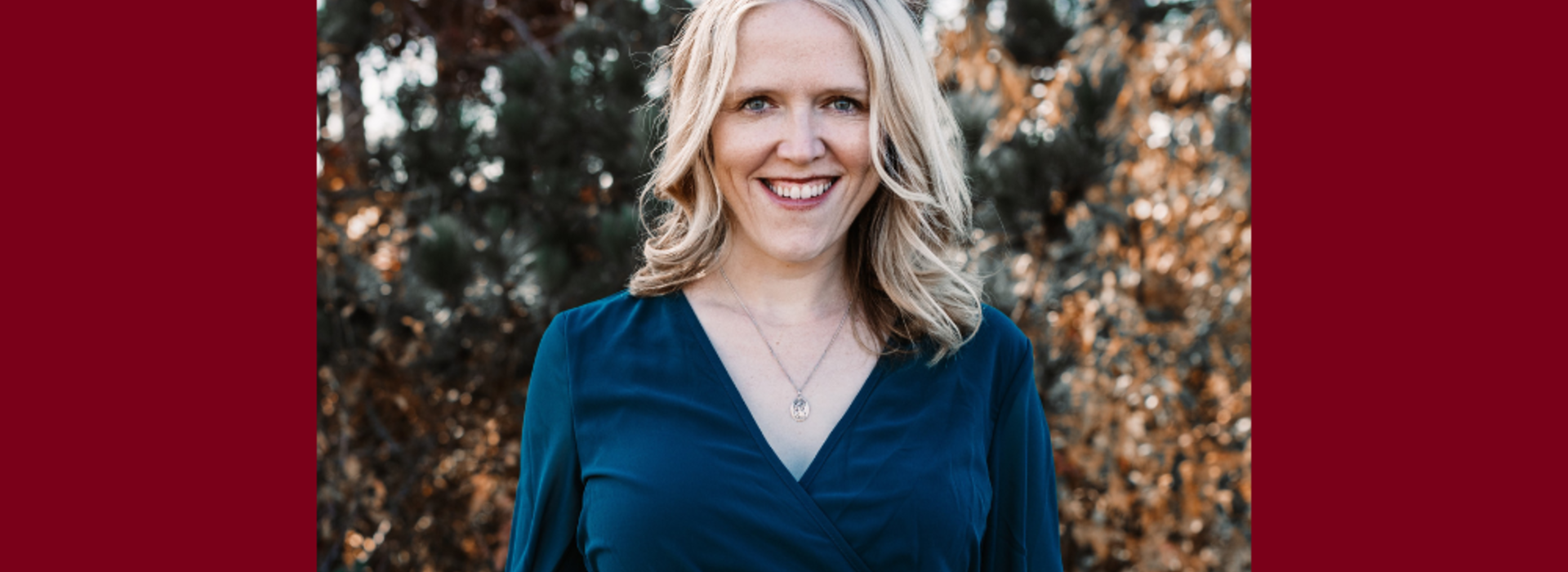
Celebrate The Little Wins
Rachel Singh started her journey in medical school at the University of Minnesota in 2010. As a young adult, Singh was diagnosed with pancreatitis and experienced several acute episodes over the years. At the time, there was no plausible explanation to help explain the persistent episodes. Singh did her best with classes and her social life, but it was unpredictable when she would get sick.
While in medical school, Singh tried to live her life and focus on her education but knew there was uncertainty about the future because she was facing the challenge of not knowing when she would get sick again. After a few months into medical school, she experienced another severe episode of pancreatitis.
The lasting solution for Singh was to receive a total pancreatectomy and islet auto-transplant (TP-IAT) procedure. After her doctors discovered a genetic cause for her pancreatitis, the question wasn’t “if” she’d do the surgery, but “when.”
A TP-IAT is a complicated procedure involving surgical removal of the pancreas. The surgery helps relieve pain from chronic pancreatitis and preserves the patient's ability to produce insulin to lessen the risk of diabetes.
Singh received the surgery by Greg Beilman, MD, through M Health Fairview’s Chronic Pancreatitis Program the summer after her first year of medical school. After much contemplation, she felt it was the right time to get the surgery.
“It’s a big decision. I do recommend that people weigh their options and talk with family and different physicians and really feel at peace with it,” says Singh.
Singh felt well cared for by the surgical team and was in the hospital for almost three weeks after surgery for recovery. Singh described her recovery process as challenging and frustrating.
“I tend to kind of push myself, which can be a good or bad thing, but one thing that helped me was walking a lot during recovery. Going outside and getting fresh air helped lift my spirits when progress with recovery seemed slow,” Singh says.
She added, “I was able to stay with family for several months after surgery to lean on them for support. I tried not to put too many expectations on myself during the recovery process but rather just take it day by day and celebrate the little wins.”
After receiving surgery, Singh took the following fall semester off and returned the next semester in January.
“It was hard to delay school by a semester, but that was a very good decision because it allowed me to take care of myself and get to a pretty good place physically and mentally before returning to school,” Singh explained.
About a year later, after recovery, Singh met with Dr. Beilman and Melena Bellin, MD, to work on a clinical study on patients with pancreatitis. The clinical study experience helped her see the important role of research. Singh says that through this experience, she had many questions about her own care. “It’s still a pretty rare procedure, so there were a lot of questions that haven’t been studied yet.”
For Singh, she realized over time that clinical medicine and working directly with patients is something she is passionate about. Singh notes, “Be open and flexible to how your interests can change over time. Reflect on your own life experiences and struggles and what you’ve learned from them and what you want to incorporate with that into your career.”
“I met with several other pediatric patients that came to the U of M for the surgery and seeing their resiliency and spirit was very inspiring,” added Singh, “It made me want to explore pediatrics more, and I love that you can make such a difference in kids' lives when they’re young and set them on a path for lifelong success. I just love how resilient kids are.”
After almost 11 years post-procedure, in January 2022, Singh had a healthy baby boy.
“I’m thankful I had a very healthy pregnancy, and our baby is doing well and healthy. I tried to get myself as healthy as possible before getting pregnant and during pregnancy, especially from a nutrition standpoint,” says Singh.
Reflecting on her journey and where she now finds herself, Singh’s primary focus is transitioning to being a mom and caring for a baby. Singh says that it’s probably the most challenging thing she's done. “It’s harder than all the sleep deprivation from residency. But it’s wonderful too. I am so thankful to be as healthy as I am to raise a healthy baby.”
-
For more patient stories like this, click here: